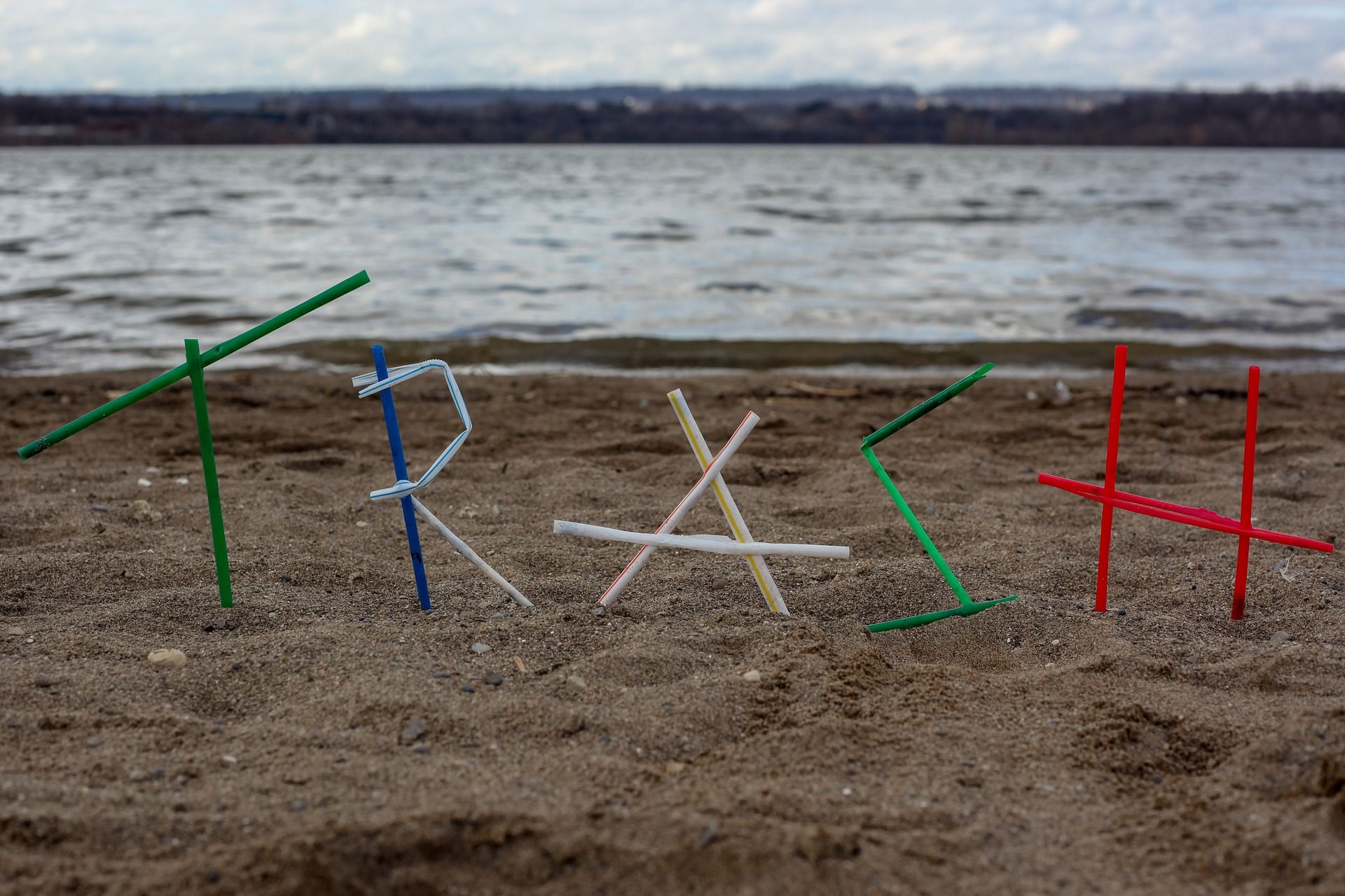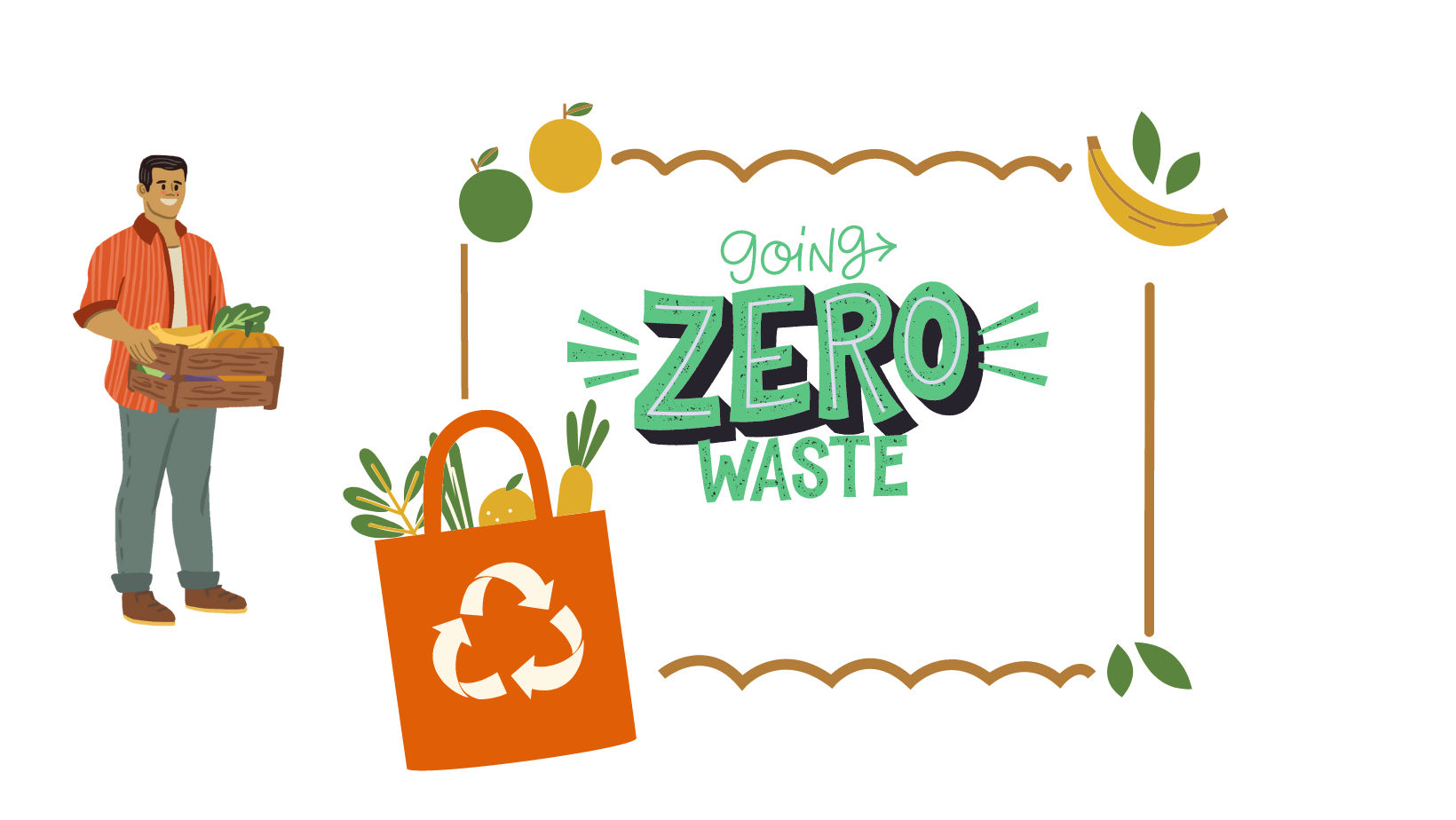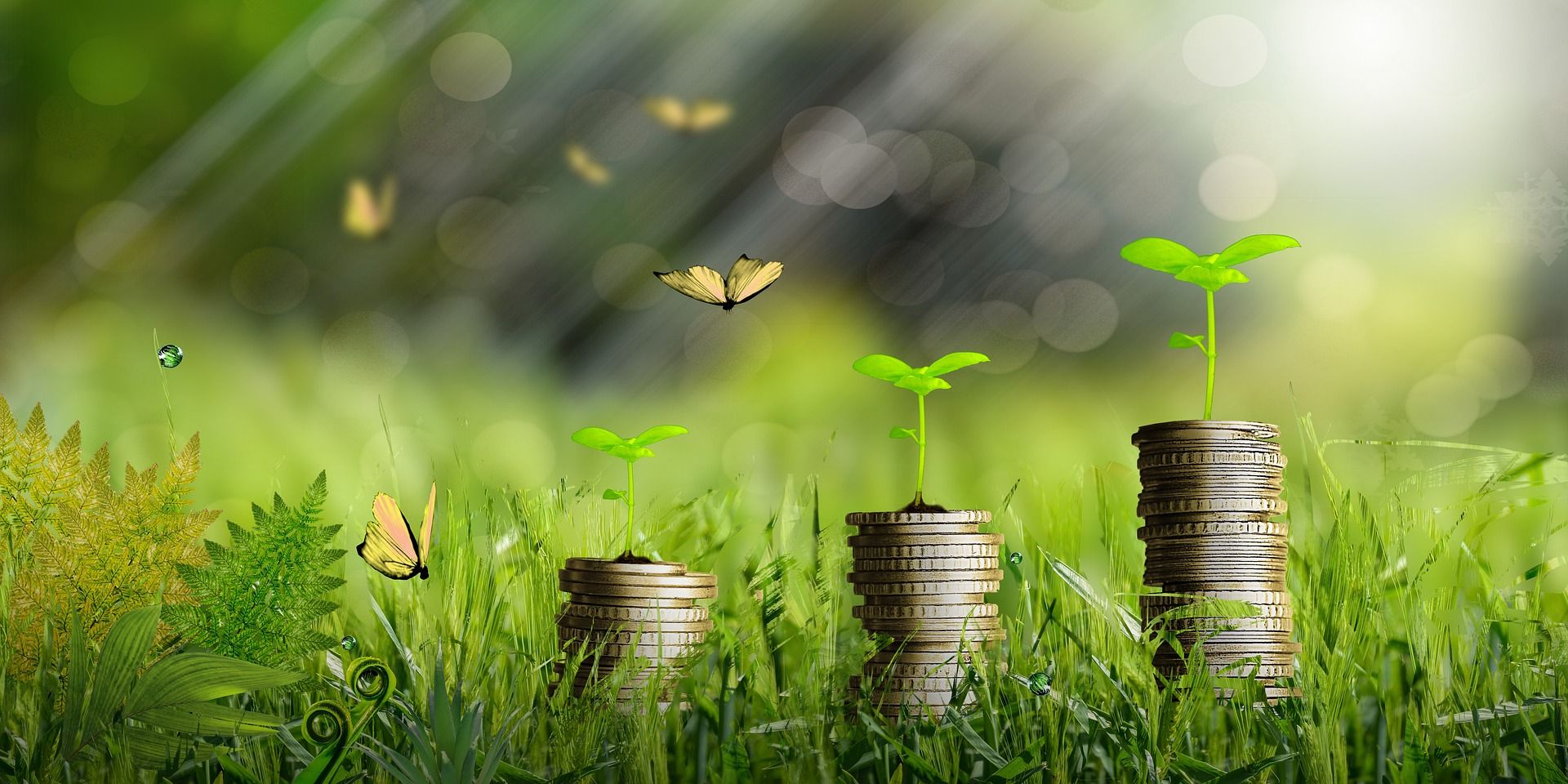Areca palm leaf products are natural, eco-friendly, and disposable, made only from the sheath of fallen leaves from areca palm trees.
Why You Should Use Palm Leaf Plates
Not Related to The Palm Oil Industry
Major Differences Between Palm Oil Industry and Palm Leaf Plates
Microwave, Oven and Refrigerator Safe
100% Compostable and Biodegradable
Disadvantages of Palm Leaf Plates
Where You Can Use Palm Leaf Plates
How To Dispose Of Palm Leaf Plates
Where To Buy Palm Leaf Plates In Kenya
Why You Should Use Palm Leaf Plates
Not Related to The Palm Oil Industry
The palm oil industry has contributed to environmental degradation, contributing to peatland damage and clearing of rainforests. It is also responsible for 4% of global greenhouse emissions, and 8% of all global emissions caused annually due to the burning of fossil fuels.
Malaysia and Indonesia account for about 85% of the global palm oil production, and in 2012, this resulted in Indonesia having the highest deforestation rate in the world.
Gladly, palm leaf plates have nothing to do with this industry.
Major Differences Between Palm Oil Industry and Palm Leaf Plates
- Palm leaf products are made from the sheath of naturally fallen leaves of the Areca palm tree/ betel-nut palm found in India. Palm oil is made from the fruits of African oil palms, native to west and south-west Africa, but introduced to Malaysia and Indonesia in late 19th century and early 20th
- Palm leaf products/plates cause no environmental damage while palm oil industry is responsible for loss of peatland and rainforests as well as reduction of the orangutan population by 80% since 1990.
No Trees Are Cut
Areca palm leaf plates are green every step of the way. They are made from the sheath attached to naturally fallen palm leaves. Each palm tree sheds its sheath several times annually. These leaves are then washed in spring water, sun-dried, then heat-pressed into shape, making them 100% natural.

Unlike bamboo, paper and wooden plates, no tree parts are harvested in part or in full when manufacturing them, thereby improving your carbon footprint.
Here’s an illustration of palm leaf plates product cycle:

Zero Chemicals And Plastics
The production process uses zero chemicals, dyes, waxes or additives. Heat pressing also sterilizes the plate, making palm leaf plates very safe for human use.
Microwave, Oven and Refrigerator Safe
You can reheat food in the microwave for up to two minutes and also in the oven, provided there ISN’T any open flame.
Very Stylish and Elegant
The fine finish and natural woody texture make them very stylish and elegant green partyware. Palm leaf plates are a favorite for nature-themed weddings and parties, most people terming them as great conversation starters too.

Very Sturdy
Palm leaf plates are sturdier than normal paper disposable plates. They can even handle your steak knife!
100% Compostable and Biodegradable
Palm leaf plates are designed for single-use. Once done hosting your party or picnicking, put these plates in your compost and they will biodegrade just like nature intended. It’ll take up to three months for them to fully decompose. You don’t need a commercial composting facility.
Palm leaf plates are mind-blowing and zero-waste because, instead of the leaves decomposing when they fall off the trees, we extended their life through heat-pressing, avoid plastic and use them for our events, then send them back to nature, as initially intended. How cool!
Beautifully Different
The plates are each unique in their design, based on the leaf they came from.
Very Convenient
Who wants to wash plates after a party? Palm leaf plates offer the convenience of serving your guests in the most elegant and natural way possible.
Disadvantages of Palm Leaf Plates
- They can’t be reused because they aren’t washable. You could, however, reuse them when used to serve dry foods.
- They can absorb liquids, and so are best for dry or near-dry foods. If you let liquids sit on the plate for hours, they’ll leak through.
- Have a slight natural palm scent, very easy to ignore. You can get rid of this by airing before use.
- They can begin decomposing in humid environments. Please store in a dry place before using them.
- This isn’t really a disadvantage. Palm leaf plates are often confused with bamboo plates due to their sturdiness and texture.
Where You Can Use Palm Leaf Plates
- Weddings
- Birthday parties
- Picnics
- Restaurants
- BBQ
- Camping
- Hiking
- Team building
How To Dispose Of Palm Leaf Plates
Dispose palm leaf plates in your home compost or commercial composting if you have one in your area. No residue will be left, they’ll turn into soil.
They can also be burned without emitting any toxic vapors.
Please don’t collect them in a plastic bags and throw then in the trash. That way, they won’t compost.
Where To Buy Palm Leaf Plates In Kenya
Want to utilize nature’s gift and add elegance to your parties or any gathering? Visit the Verte shop today to enjoy great prices, and also see our bamboo cutlery options that could complete your eco-friendly partyware set.
We also ship plastic free, so expect your plates delivered in carton boxes for large orders or brown paper bags for smaller orders.




















